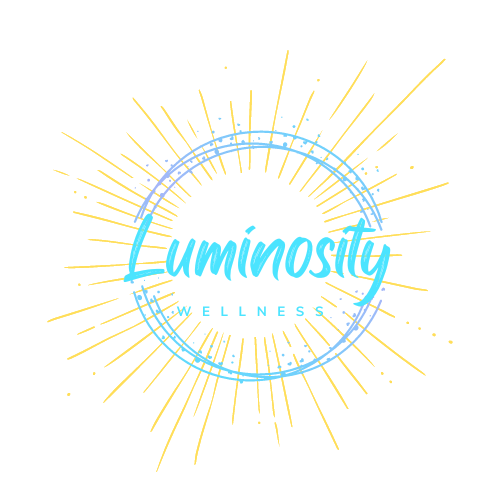In a time where many citizens have an abundant fear of the vast number of microbes living in our bodies, on our skin and in our environment, let’s remember why many bacteria and viruses are beneficial in our lives.
Especially since the discovery of SARS-CoV-2, the virus that causes COVID-19, the negative connotation associated with bacteria and viruses is stronger than ever. As a result, many are quick to over-sanitize with cleaning products that can be detrimental to our health and promote antibiotic resistance.
Am I saying proper sanitation measures shouldn’t be taken to reduce exposure to COVID-19? Absolutely not! But let’s use appropriate products, when needed. And make safer choices like hydrogen peroxide and good old soap when possible.
If you are keeping harsh cleaning products in your home, consider moving them to the garage to reduce air contamination in your home from the chemicals that are invisibly omitted from sealed containers which will, of course, also reduce the risk of accidental poisoning in young children.
There is a reason why the CDC recommends hand washing and cleaning before disinfecting in community settings. It works! Proper cleaning with soap, both on hands and surfaces, dissolves the outermost fat layer of microbes inactivating them and also disrupts the bond between the virus and the surface it is attached to.
Our bodies have 10x more microbial cells living in us and on us than human cells. These little guys help to create an ecosystem meant to keep us healthy. They are important in oral hygiene, respiratory health, neurological health, urogenital health and more.
When it comes to microbes, everything is about balance.
Disrupted bacterial balance in the mouth can cause chronic, low-grade oral disease which is a source of inflammation throughout the body. Immune alterations from oral pathogenic bacteria have been associated with cardiovascular disease, cancer, type 2 diabetes mellitus, obesity, gastrointestinal disorders, autoimmune disease, Alzheimer’s Disease, preeclampsia and premature birth. Biological dentists thrive in the area of oral health.
The bacteria in our gut play an important role in obesity, immune health, inflammatory signaling, cellular energy production, neurological health, synthesis of vitamins and digestion and absorption of nutrients. It has been reported that there are 271 billion bacterial cells in only 1 gram of feces! Our gut microbiome can be disrupted by factors such as antibiotic exposure, toxins and diet. An imbalance in the gut microbiome can cause gas, bloating, diarrhea and constipation. Gastrointestinal gut microbiota alterations have also been associated with neurological deficits, colon cancer, type 2 diabetes mellitus and multiple sclerosis.
Non-infectious microbes on our skin take up residence so the nastier bugs like Staphylococcus aureus have a harder time infecting us.
Exposure of infants to maternal bacteria during a vaginal birth is associated with reduced allergies, asthma and autoimmune disease
Exposure to dirt and bacteria help to build a healthy gut and strong immune system. This type of exposure is actually anti-inflammatory and has been shown to reduce allergies, asthma, eczema & autoimmune disorders.
The “hygiene hypothesis”, which dates back decades, recognizes that our modernized world, with limited bacterial exposure, can create an environment that is too clean. This environment adversely affects the immune system contributing to the health-related issues mentioned above. Exposure to a microbial diverse environment is especially important in early childhood development. Think about the natural desire of babies for oral exploration. Putting everything in their mouths is nature’s way of helping little ones grow into stronger, healthier adults!
Health benefits are not limited to bacteria. Studies have shown that childhood diseases, like chickenpox, and other infections causing elevated fever in adulthood, were associated with reduction in risk of diseases later on in life like cancer and coronary heart disease. Natural infection with seasonal influenza has also been hypothesized to prevent immunity to pandemic strains.
Like most things in life, extremes are rarely favorable. Foundational health practices including good sleep, healthy diet, regular exercise and minimal stress help to attain better balance throughout the entire body, including the balance of good and bad bacteria which help to keep us in optimal health. Have you ever noticed that when one member of your household gets sick, another member may not? Susceptibility to illness from microbes has to do with many of the foundational health practices above. As we work to achieve better balance in our lives, let’s also remember that it’s okay to get a little dirty.
